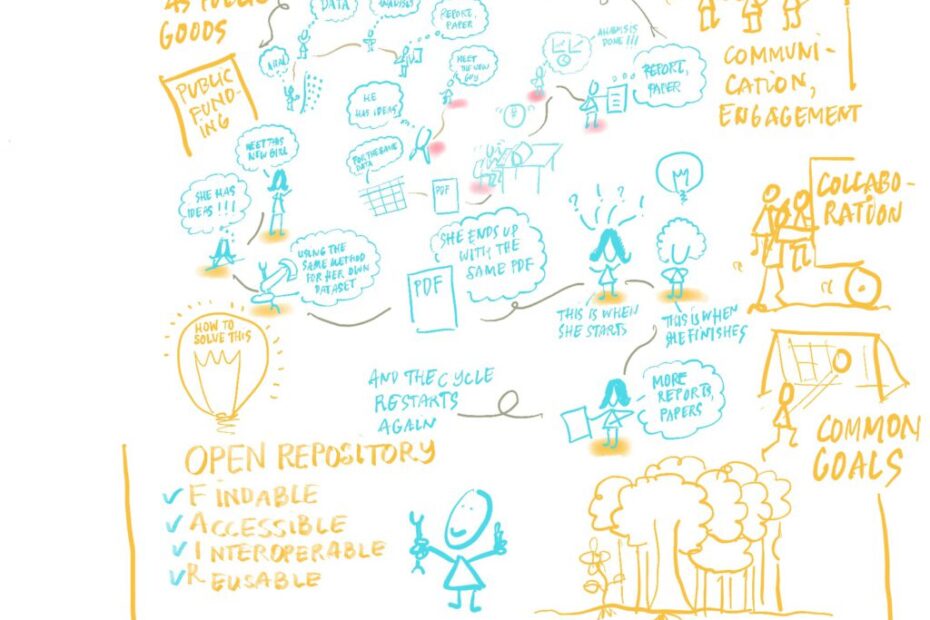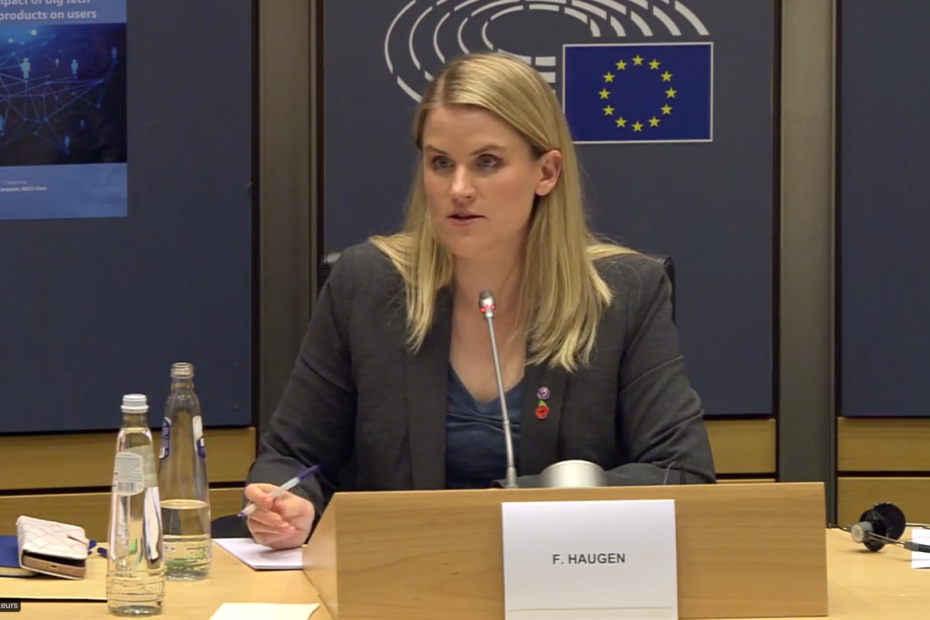We need a Digital Knowledge Act
A digital knowledge act for europe
In December 2023 the Communia Association, which Wikimedia Europe is a member of, rolled out the idea of a Digital Knowledge Act at the European Union level. A EU regulation that makes the interests of knowledge institutions, such as libraries, universities and schools, a top priority.
In the past five years we have seen the EU tackling various specific digital issues through legislation – content moderation through the Digital Services Act, market power through the Digital Markets Act, data sharing through the Data Act and the Data Governance Act. All these were necessary steps, we believe, they however treated institutions, such as libraries, archives, universities and schools, almost as an afterthought.
Read More »We need a Digital Knowledge Act









